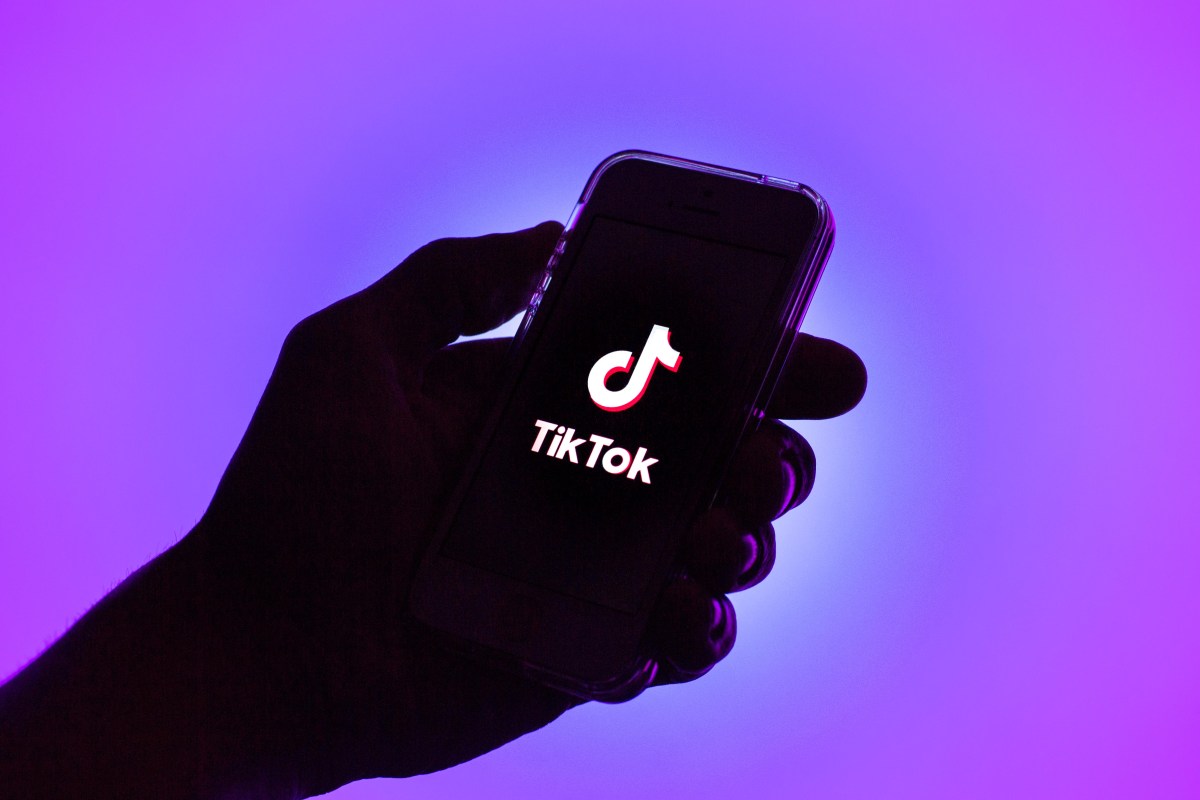Turkey is a challenge for expanding EU
Only it isn’t about to happen. As 10 more countries joined the European Union on Saturday, Turkey was left out, and one of the toughest political and moral challenges to the European superstate-in-the-making remains unresolved.
The issue goes to the core of Turkey’s geographical and cultural identity – an Asian country with a geographical foothold in Europe, and a secular republic whose population of 68 million is 99 percent Muslim.
In Europe, Turkey’s ambitions arouse strong passions.
There’s Valery Giscard d’Estaing, the former French president charged with writing the EU constitution, saying flatly that Turkey isn’t European and its entry would mean "the end of the European Union."
And there’s Bavarian Gov. Edmund Stoiber, a leading German conservative, saying "Turkey comes from a very different religious and cultural tradition" and "would disrupt Europe’s community bond."
But there’s also British Foreign Secretary Jack Straw, saying Turkish membership in the overwhelmingly Christian EU could bridge the Muslim-Christian divide and help the war on terrorism.
"Think about the alternative," he says. "If we start to push Turkey away from the European family, where does it then go?"
The Bush administration supports Turkey’s ambitions. It views Turkey as a valuable NATO ally and an example of how Islam and democracy can coexist peacefully.
In Istanbul, selling meatball sandwiches from a van for about $1 each, Cece, 50, welcomes the economic benefits Turkey would reap from joining the prosperous EU, but believes that’s the only reason Turkey wants to join. "It’s not an issue of us loving Europe or them loving us."
And anyway, he says, "They won’t take us because we’re Muslim."
Of the 11 countries that petitioned the EU for membership in 2002, only Turkey was rebuffed.
The EU will decide in December whether to begin membership negotiations with Turkey. Another snub could severely weaken the government, damage its recovery from economic meltdown in 2001, and throw its whole relationship with Europe into question, says Suat Kiniklioglu, director of the Ankara Center for Turkish Policy Studies.
"No one wants to even talk about that possibility because it’s going to be messy," Kiniklioglu said.
It would likely slow reforms pushed through to qualify for EU membership, such as more rights for the Kurdish minority.
Unesi’s language school in eastern Turkey last month won permission to teach Kurdish, a language spoken by millions in Turkey but previously outlawed in the classroom.
"Kurdish courses just would have never been possible had it not been for the pressure from the European Union," Unesi said.
To 52-year-old Yukseler, a member of the educated elite who lives in a posh Ankara suburb, "Europe means civilization," and Turkey must work harder on human rights, education and the rule of law in order "to reach that level of civilization and become European."
It’s a sentiment that dates at least to the 1920s, when Mustafa Kemal Ataturk, Turkey’s great Westernizer, banned Islamic dress, Latinized the Arabic alphabet and transformed the country into a modern, secular republic.
In recent years, as the EU has expanded, the nation has been like a come-from-behind athlete exercising furiously to get into shape for the major leagues. The results – foreign businesses and imports, ATMs, glassy skyscrapers and cell phones – are evident among the majestic mosques and labyrinthine bazaars of Istanbul.
The cause is so popular that religious conservatives who once were staunchly opposed are among the strongest backers. Prime Minister Recep Tayyip Erdogan, who used to belong to a pro-Islamic party, has made it his top priority.
Richard Whitman, an analyst with the Royal Institute of International Affairs in London, says Turkish membership brings into question where the bounds of Europe are drawn. With Turkey inside, they would reach Syria and Iraq. Also, Turkey would be the EU’s biggest member and its second most populous.
"It will be a country that carries the same weight as Germany," Whitman said. "That will be much more difficult to digest."



